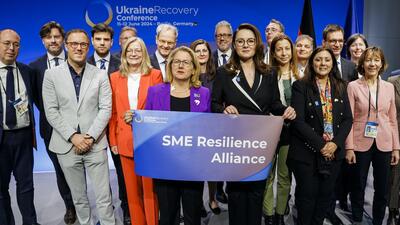New publication: Combating Anti-Competitive Practices
Anti-competitive practices can hurt businesses in developing countries. A new ITC book outlines case studies and suggestions for reform.
‘Combating Anti-Competitive Practices — A Guide for Developing Economy Exporters’ focuses on state monopolies and abuses of dominant positions in infrastructure markets, anti-competitive practices in the international distribution and retail sector, and international cartels.
The role and response of the private sector is discussed, as well as the scope for enhanced international cooperation to address these issues. By addressing anti-competitive practices and market structures, businesses in developing countries will have stronger export potential.
Transition economy businesses
The purpose of ‘Combating Anti-Competitive Practices’ is to provide sufficient information and explanation to show the importance of the issues considered for the competitiveness of developing and transition economy businesses. The book encourages businesses, their associations and other relevant bodies, such as consumer and public interest organizations, to provide appropriate input to solutions.
The book provides numerous examples of the impact of anti-competitive practices on developing country suppliers. It shows the impact of state monopolies and abuses of dominant positions in infrastructure markets, the impact of anti-competitive practices in the international distribution and retail sector, and the effect of international cartels. In each case, the text outlines how these practices and arrangements can best be addressed, the role of businesses and business associations in responding to the practices in question, and the scope for enhanced international co-operation to address them.
Download ‘Combating Anti-Competitive Practices’















